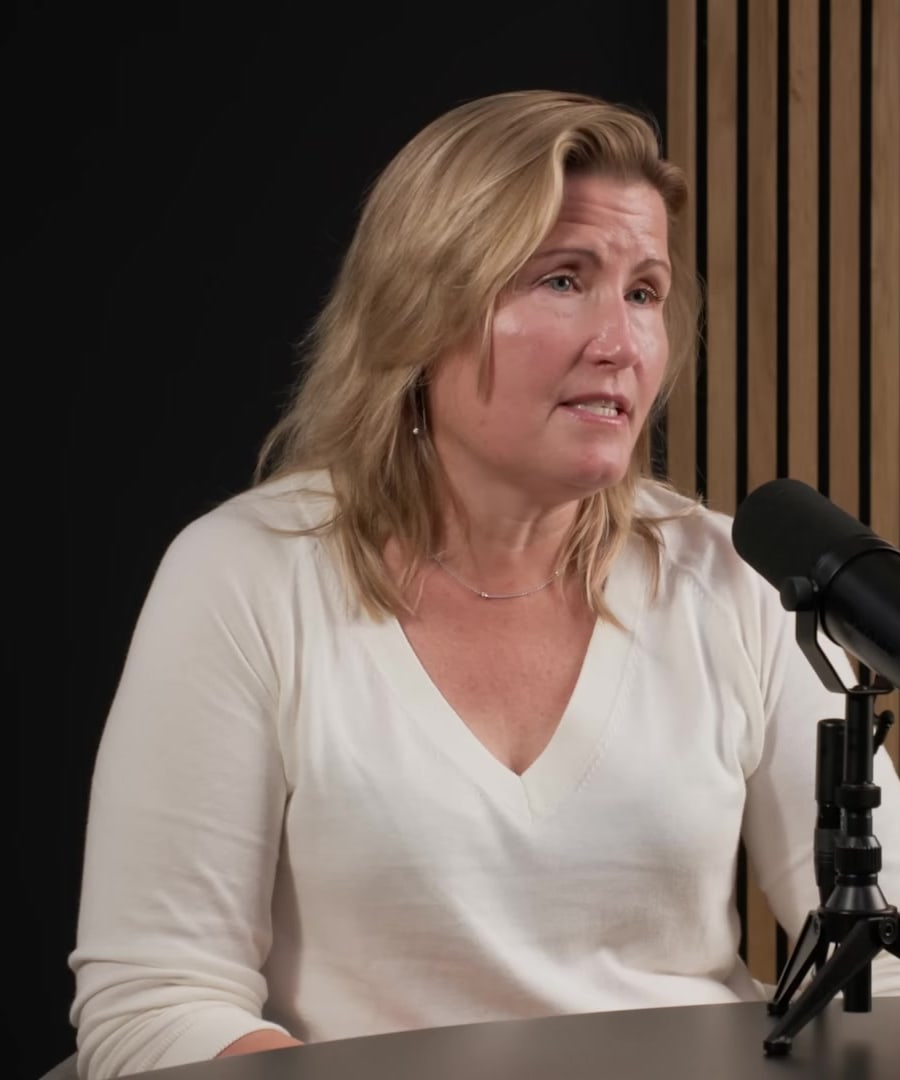Does gender affect bonding after birth
Sources:
The bonding process after birth is influenced by the release of hormones like oxytocin, which plays a crucial role in forming maternal bonds. This process is significant for both mothers and infants. When a mother interacts with her baby, oxytocin is typically released, facilitating bonding and attachment. This hormone also affects the infant, reinforcing the connection to the mother. The evolutionary history of a species can influence these processes. For example, in some animals like sheep, the passage through the vaginal canal activates oxytocin receptors, promoting mother-offspring bonding 1.
While this discussion focuses on hormonal influences rather than gender per se, the biological processes that facilitate bonding are naturally designed to occur in mothers, given their role in childbirth and feeding. However, oxytocin also plays a role in paternal bonding when fathers engage closely with infants, suggesting that while hormonal triggers may differ, gender does not strictly limit bonding capacity after birth.
RELATED QUESTIONS
Does gender affect bonding after birth
- RELATED QUESTIONS
